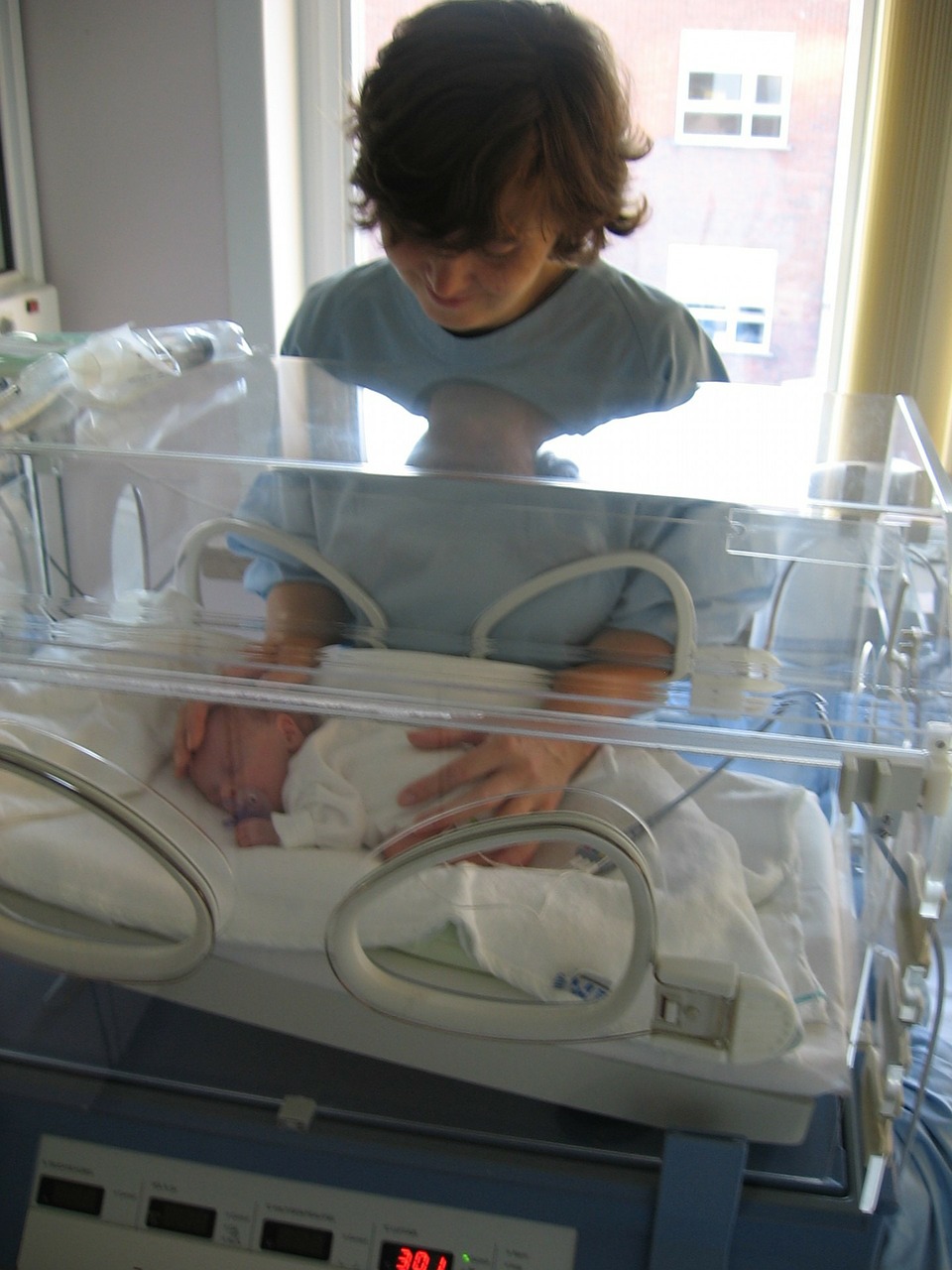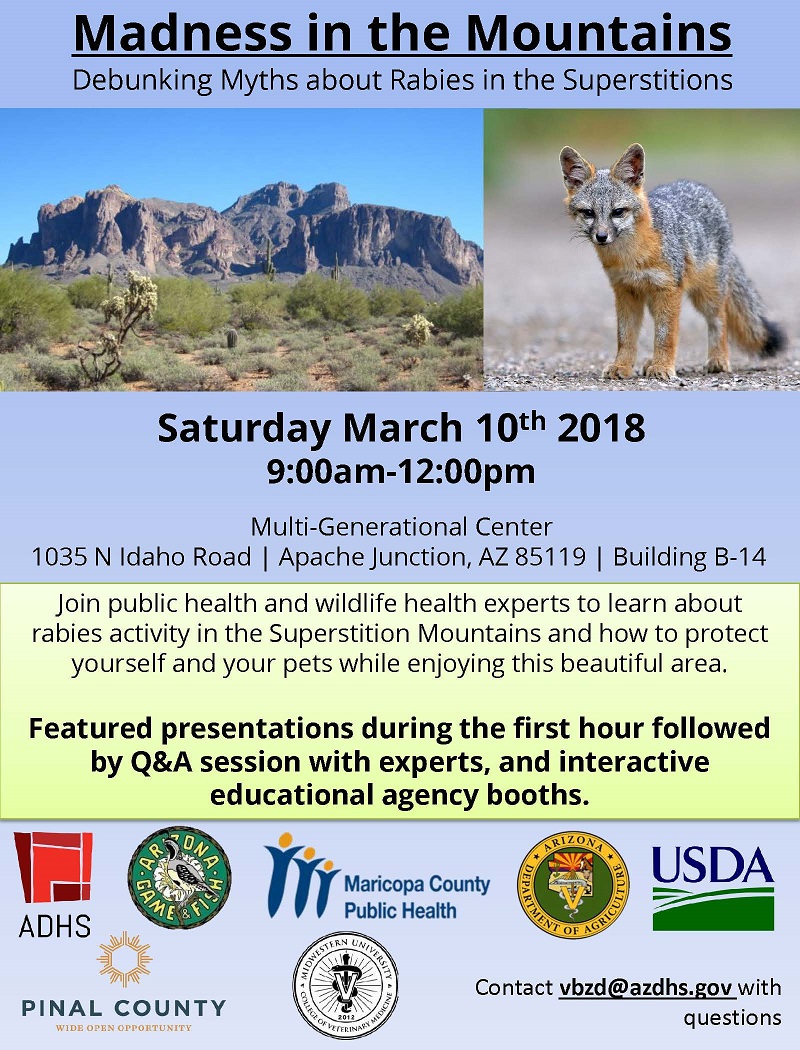 Opioid abuse not only affects the user, but also others close to the user, especially, if the user is pregnant. Rural communities in the United States are seeing a rise in the number of babies born with Neonatal Abstinence Syndrome, according to JAMA Pediatrics. The syndrome consists of the complications and withdrawal symptoms that result when babies are no longer exposed to opioids that were used by the mother during pregnancy.
Opioid abuse not only affects the user, but also others close to the user, especially, if the user is pregnant. Rural communities in the United States are seeing a rise in the number of babies born with Neonatal Abstinence Syndrome, according to JAMA Pediatrics. The syndrome consists of the complications and withdrawal symptoms that result when babies are no longer exposed to opioids that were used by the mother during pregnancy.
Between 2008 and 2013, almost three out of every 1,000 babies born in Arizona were diagnosed with Neonatal Abstinence Syndrome, primarily caused by maternal opiate use. A baby born exposed to opioids may show signs of withdrawal within the first three days of birth. These withdrawal signs may include poor feeding, lethargy and possibly seizures. The baby may also face more permanent compilations such as glaucoma, spina bifida, hydrocephalus and gastrochisis.
Arizona has taken many actions over the last several years to fight the abuse of opiates in partnership with professional organizations. The Arizona Opioid Prescribing Guidelines and the Controlled Substances Prescription Monitoring Program are available to help healthcare professionals stop this epidemic. These guidelines are intended to reduce the inappropriate use of controlled substances, improve safety and reduce harm while preserving the vital roles of clinicians and patients in the management of acute chronic pain issues.
Licensed healthcare facilities received rules and policies on prescribing controlled substances and the state worked with the University of Arizona to develop free, online CMEs on safe and effective prescribing. We also implemented a four-year $3.6 million grant from CDC to prevent overdose deaths related to prescription opioids. Turning the tide on the opioid epidemic is a top priority of ADHS and we will continue to develop strategies to address this public health issue.











